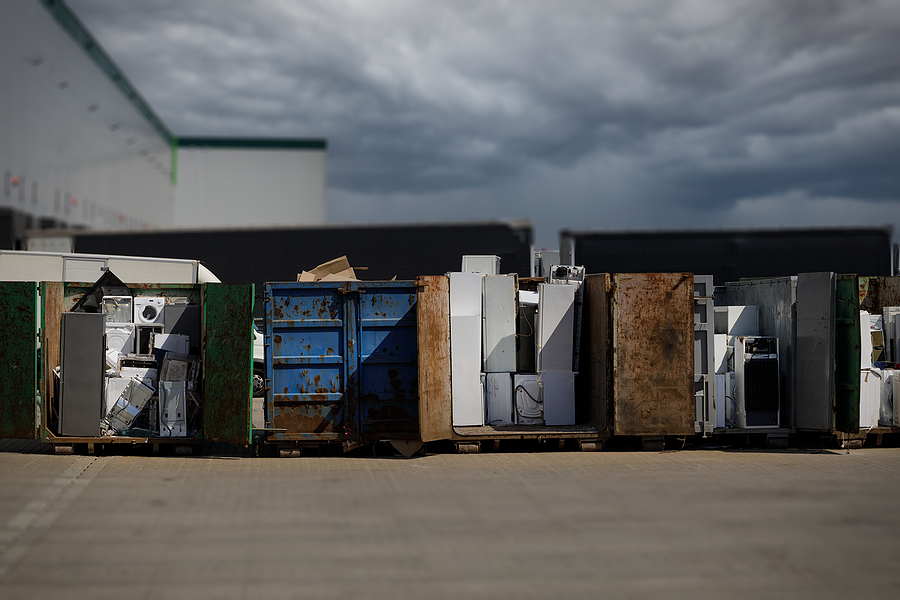
Rapidly Unfolding From Madrid
Spanish police were able to uncover a criminal group responsible for illegally transporting over 10 million pounds of dangerous electronic waste. Illegal disposal of electronic waste, or e-waste, has become a global issue especially in today’s technology-obsessed world. In this specific instance, e-waste was being smuggled from the Spanish Canary Islands to parts of Western Africa. Most of the electronic waste landed in Ghana, Mauritania, Nigeria, and Senegal. Africa is one of the continents most affected by illegal dumping, largely targeted by countries and companies looking for cheap and easy ways to dispose of their electronic waste.
Over the past two years, police have apprehended 43 individuals responsible for shipping 331 containers of e-waste. As part of an elaborate criminal scheme, smugglers forge customs documentation for shipping containers, making the contents appear to be commonplace ‘second-hand goods’. Criminals are easily enticed as these operations boast a hefty payout. This one specifically garnered upwards of 1.5 million dollars in illegal funds.
Impact of E-Waste on a Worldwide Scale
Playing a role in illegal disposing of e-waste is alluring, especially for those living in impoverished countries, such as Africa. Improper disposal of e-waste often involves unregulated open-air mass burnings of computer monitors, cell phones- virtually any electronic which has been deemed unusable. Extracting minerals such as aluminum, cobalt, lithium, palladium, gold, and copper, are highly valuable when sold. Although electronic devices contain minerals and precious metals, the danger lies in the toxic chemicals electronic devices also contain. Some of which include cadmium, mercury, lead, and arsenic. These substances, when burned in an unregulated manner for example, wreak havoc on the environment and human health.
With the rise of ever-emerging technology, in a culture where everyone needs ‘the next best thing’, waste disposal approaches buckle under the pressure of this increasing load. At the rate and frequency that consumers are cycling through electronic devices, some companies feel the strain to cut corners when discarding electronic waste. This booming illegal industry, incentivized by hearty under-the-table compensation, has no end in sight. Despite both law makers and authorities cracking down on the disposal of e-waste, there are many illegal operations that go unnoticed by law enforcement. Companies and consumers need to be mindful of how their electronic waste is being disposed of, choosing to become part of the solution- not the problem.
Call to Action
The importance of industries choosing an IT asset disposition company, or ITAD for short, to dispose of their e-waste is paramount for global wellbeing. ITAD providers offer clients the solutions to handle heavy e-waste loads by reusing, recycling, repairing, or disposing of unwanted IT equipment all in a safe and environmentally accountable way. Properly disposing of electronic waste is not only responsible, but vital for continued human and wildlife existence. By ethically disposing of electronic waste, almost every aspect of the environment is impacted. Soil, air, and water contamination are reduced, and there is far less damage to the atmosphere. The health of humans, wildlife, and delicate ecosystems are directly impacted by these choices.
Although illegal activity like the Spanish smuggling bust discovered in Madrid will likely continue to occur, companies can utilities ITAD services to combat these types of situations. For large organizations, there are companies that can help with every step of ITAD strategy. From identifying retired assets, to secure data removal, to physically picking up the e-waste items and destroying them- ITAD is applicable for companies of all sizes. Making responsible decisions for the disposal of e-waste paves the way for current and future generations alike.
